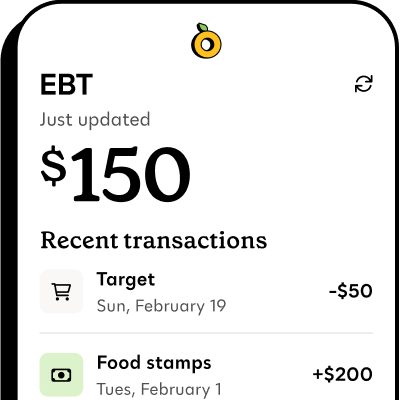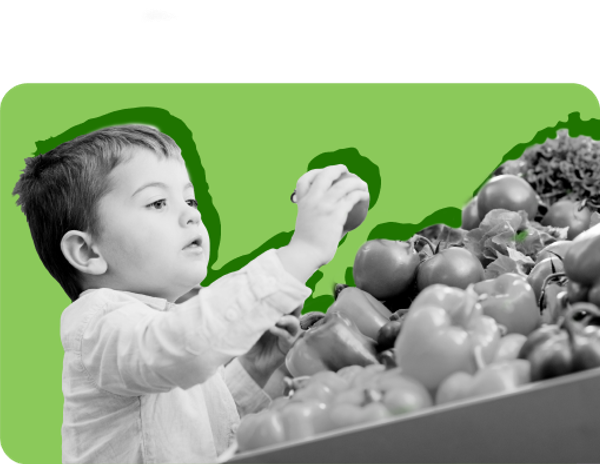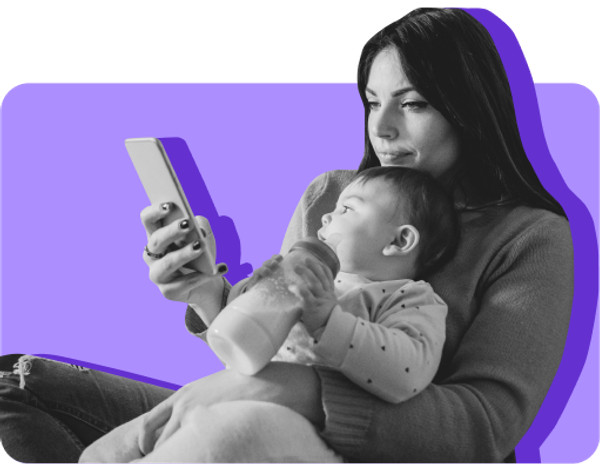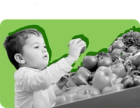What can you buy with WIC?

WIC is a special program for people who are pregnant or caring for young children, and it provides monthly food benefits, nutrition education, breastfeeding support, and referrals to health services.
While the WIC program is nationwide, the foods you can buy with WIC can vary depending on your state, your stage of life, and your personal nutrition needs—but they generally include basics like fruits, vegetables, bread, milk, and baby formula.

Propel is the #1-rated EBT balance checking app
A list of foods you can buy with WIC#a-list-of-foods-you-can-buy-with-wic
WIC-approved foods are chosen for their nutritional value. While the exact items and brands may vary by state, the categories are similar nationwide.
Most WIC recipients can use their benefits to buy:
- Fruits and vegetables: WIC can be used to buy fresh fruits and vegetables, and some states allow other forms (like frozen, canned, or dried veggies)
- Milk and milk substitutions: WIC can be used to buy milk and, in some cases, lactose free milk or dairy-free alternatives, as well as cheese and yogurt
- Whole grains: WIC can be used to buy a variety of whole grains including whole grain bread, brown rice, bulgur, oats, whole-grain barley, whole wheat tortillas, soft com (made from ground masa flour) and whole wheat macaroni products without added sugars, fats, oils, or salt
- Baby food and infant formula: The brands vary, but WIC can be used to buy infant cereal or jarred baby food as well as formula (in powdered, concentrated liquid, or ready-to-feed options)
- Breakfast cereals: Most WIC-approved cereals have whole grain as the primary ingredient and are lower in sugar. Cereals can be ready-to-eat (the kind you put in cold milk) or instant and hot cereals (like oatmeal or grits)
- Tofu and canned fish: WIC can be used to buy tofu and canned fish including light tuna, salmon, and sardines
- Peanut butter and nut and seed butter: WIC can be used to buy peanut butter and other nut and seed butters, including creamy, chunky, regular, or reduced fat, and salted or unsalted varieties
- Canned beans, peas, and lentils: WIC can be used to buy both dry and canned beans, peas, or lentils
- Eggs: WIC can be used to buy eggs including fresh eggs, dried egg mix, or whole liquid eggs
- 100% fruit juice: WIC can be used to buy 100% fruit juice in approved sizes
Some states offer brand flexibility, while others have more specific requirements. If you’re not sure which items are WIC-approved, ask your local WIC clinic.
How are WIC food benefits delivered?#how-are-wic-food-benefits-delivered
WIC benefits are delivered on an eWIC card, which is similar to a regular EBT card.
Each month, your WIC benefits are loaded automatically, and you can use the eWIC card at checkout, like a debit card, to pay for WIC-approved groceries at participating stores.
Wat to know about your eWIC card:
- It’s simple to use at checkout
- It’s PIN-protected for security
- Your benefits will load automatically each month
- eWIC cards are accepted at approved stores, farmers markets, and some online retailers
You can check your WIC balance on a receipt, your state’s WIC app, or by calling the number on the back of your card.
What about WIC paper vouchers?#what-about-wic-paper-vouchers
In the past, WIC used paper vouchers or food checks, which listed specific items and quantities you could buy. You had to hand them to the cashier at checkout.
These are no longer in use, as the program has transitioned to eWIC cards for better convenience and flexibility.

Balance your grocery budget and get access to deals with Propel
What are WIC food packages?#what-are-wic-food-packages
The amount and types of food that can be bought with eWIC cards are based on USDA-approved food packages.
Food packages are nutrition plans designed by medical experts that are specific to the needs of each WIC recipient.
Your WIC food package depends on your life stage and includes the foods that best support growth, development, and long-term health.
There are food packages for people who are pregnant, people who are postpartum or breastfeeding, infants (0-12 months), and children (1-5 years).
These packages determine what foods are approved and how much of each food group is added to your eWIC card each month.







